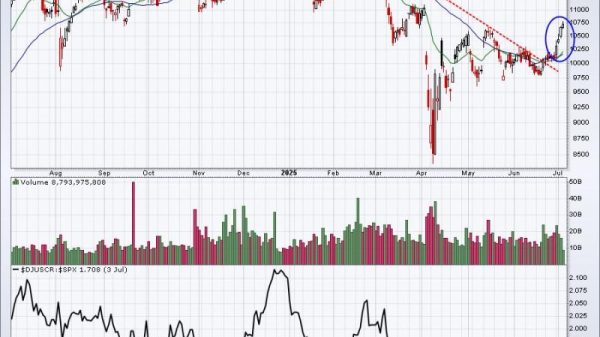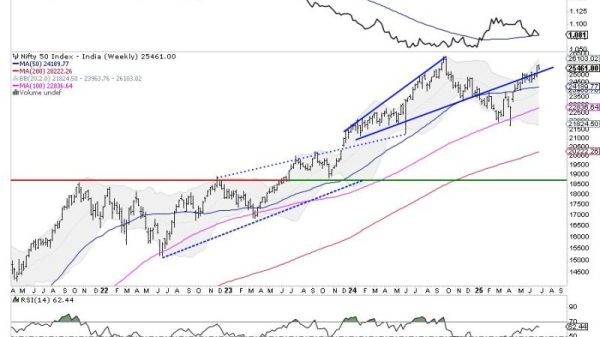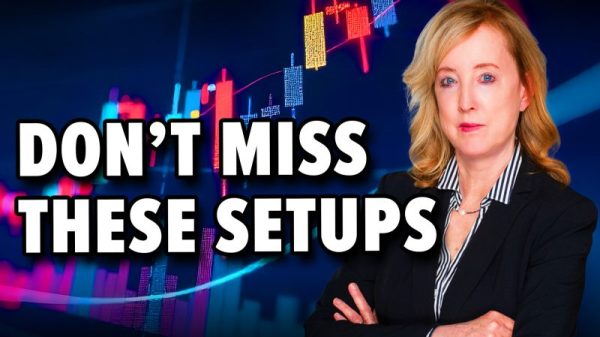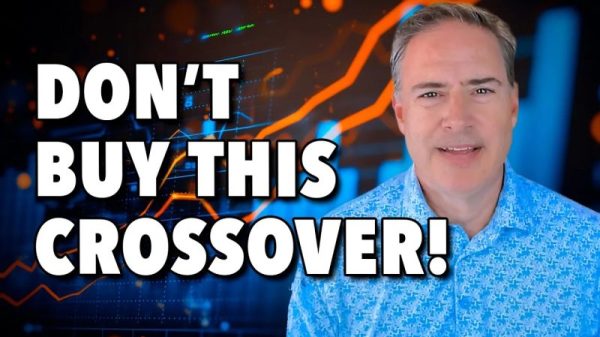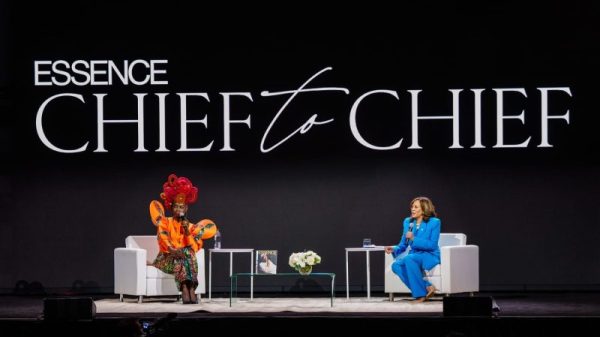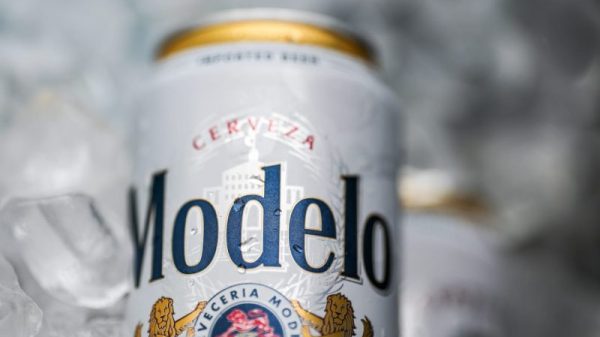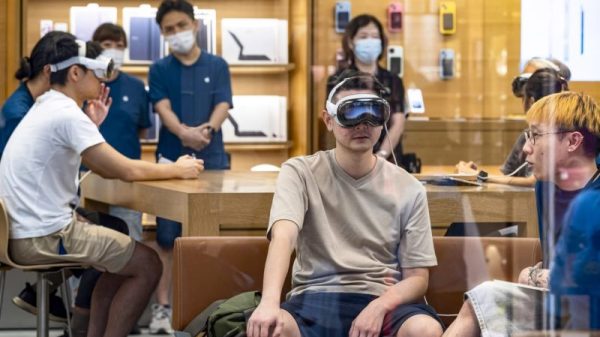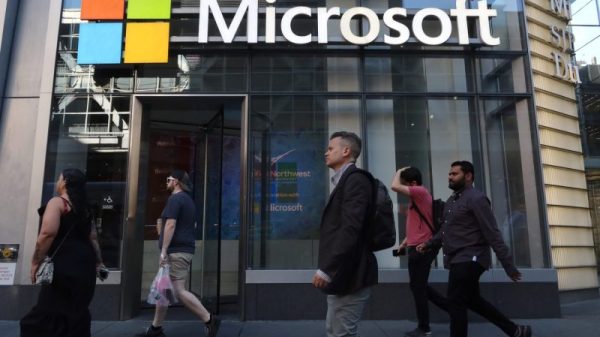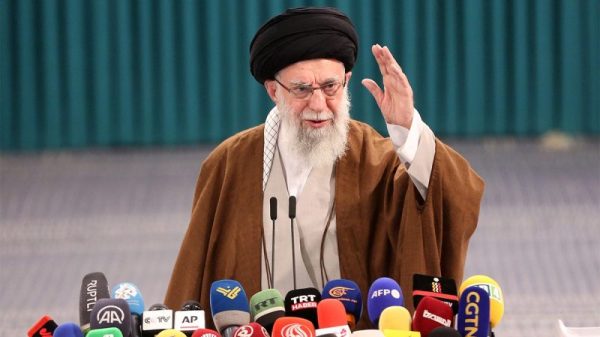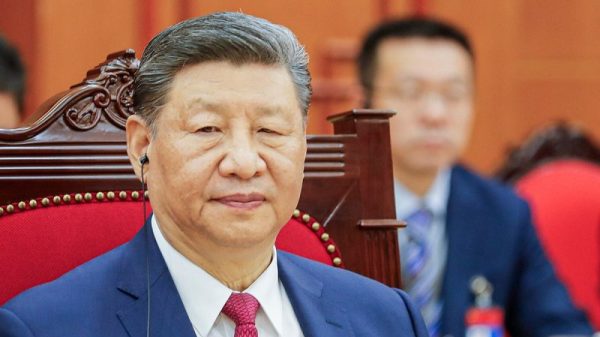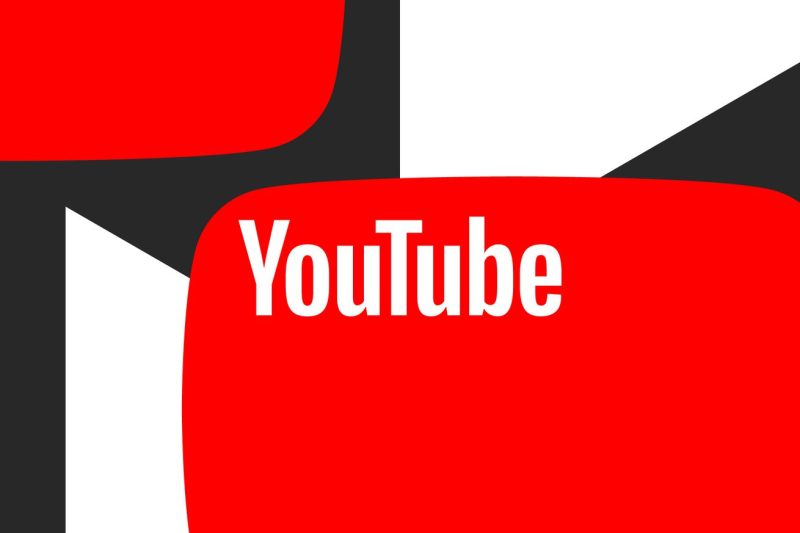YouTube is in Talks with Major Record Labels to Utilize AI for Music Creations
The music industry has witnessed significant transformations over the years, with technology playing a pivotal role in reshaping how we create and consume music. The latest development in this realm comes from YouTube, which is reportedly in discussions with major record labels to explore the use of artificial intelligence (AI) in music creation. This potential collaboration between YouTube and the music industry could revolutionize how music is produced and offer new opportunities for artists and listeners alike.
The emergence of AI technologies has enabled numerous innovations across various industries, and the music sector is no exception. YouTube’s interest in leveraging AI for music creation underscores the platform’s commitment to fostering creativity and expanding its offerings to users. By partnering with major record labels, YouTube aims to harness AI tools to generate original music content and enhance the overall music experience for its audience.
One of the key benefits of using AI in music creation is its ability to streamline the production process and generate personalized content at scale. By analyzing vast amounts of data and patterns, AI algorithms can assist in composing, arranging, and producing music more efficiently than traditional methods. This collaboration between YouTube and major record labels could lead to the emergence of a new wave of AI-generated music that caters to diverse preferences and genres.
Moreover, the integration of AI into music creation could open up opportunities for emerging artists to experiment with new sounds and styles, thereby democratizing the music industry to a certain extent. By providing access to advanced AI tools and resources, YouTube and major record labels can empower artists to explore innovative avenues in their music-making process and connect with a global audience more effectively.
As with any technological advancement, there are also potential challenges and considerations that come with using AI in music creation. Issues such as copyright infringement, ethical implications, and the preservation of artistic integrity need to be addressed to ensure that AI-generated music aligns with industry standards and respects the rights of artists and creators.
In conclusion, the collaboration between YouTube and major record labels to explore the potential of AI in music creation represents a significant step towards revolutionizing the music industry. By leveraging AI technologies, artists and creators can tap into new possibilities and push the boundaries of music production and consumption. As this partnership evolves, it will be intriguing to see how AI continues to shape the future of music and inspire a new era of creativity and innovation in the industry.

